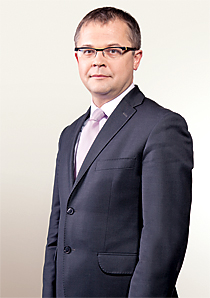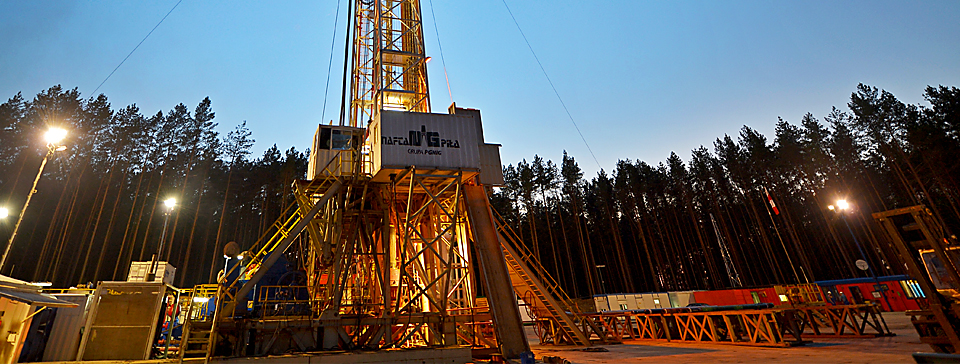Letter from the Chairman of the Supervisory Board
Ladies and Gentlemen,
in 2012, the PGNiG Group faced major challenges due to the difficult macroeconomic environment and the launch of fundamental restructuring and streamlining of the Group’s structure.
Given that in 2012 the PGNiG Group reported PLN 2.23 bn in net profit, relative to PLN 1.75 bn in the corresponding period of the previous year, we are satisfied to note that, irrespective of external conditions, the Company strengthened its market position and largely improved its financial performance in its key business segments.
Although the improvement was primarily driven by the execution of the Annex to the Yamal Contract, attention should be drawn to such facts as consolidation of PGNiG Termika’s revenue, increased production and better results in the Distribution segment.
PGNiG’s business activities perfectly fit with the Group’s strategic objective, that is enhancing Poland’s energy security. This particularly applies to two key initiatives, namely diversification of gas sources and expansion of underground gas storage facilities.
Thanks to the use of the extended interconnector in Lasów, the virtual reverse flow service on the Yamal pipeline, and the Moravia interconnector, the total volume of gas imported from the West and South rose to nearly 2 bn m³ in 2012, that is ca. 400 m m³ more than in 2011. In this way, the share of gas imported from countries lying south and west of Poland increased to 18%, compared with 14.5% in 2011.
As the underground gas storage facilities were expanded and, during the summer season, filled to capacity, gas stocks increased by almost 20%, to 1.8 bn m³ at the end of 2012. These strategic activities will continue in the future.
The “Short-Term Value Creation Strategy for the PGNiG Group in 2012–2014”, approved by the Supervisory Board in December 2012, sets the Group’s development path for the coming years. The principal goals of the Strategy include intensification of exploration efforts, optimisation of the portfolio of gas sources, preparation to operate on the deregulated gas market, restructuring of the Group’s business model, as well as development of the power generation business.
I am convinced that PGNiG is growing in the right direction, and that the adopted strategy will bear positive fruit in the context of Poland’s economic policy.
At the same time, I would like to congratulate all those who contributed to PGNiG’s success in 2012. In particular, I would like to express my gratitude to the Group’s employees, whose work and commitment have helped to strengthen the Company’s position as one of Poland’s major companies.
Yours sincerely,
![]()
Wojciech Chmielewski
Chairman of the PGNiG Supervisory Board







